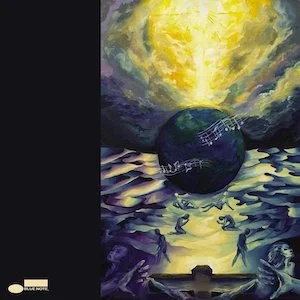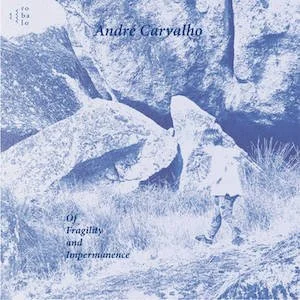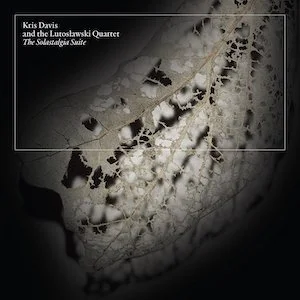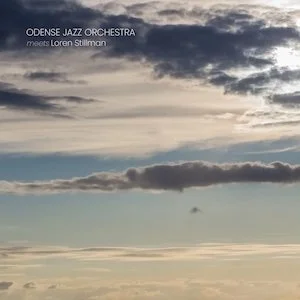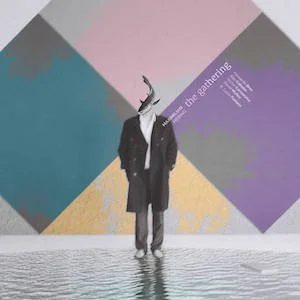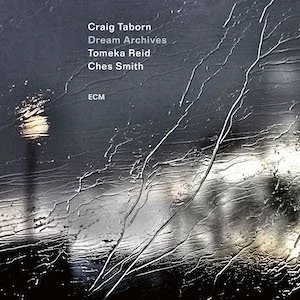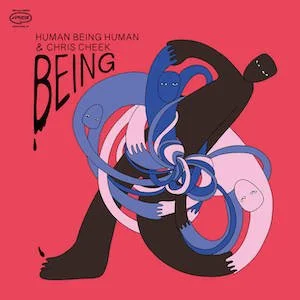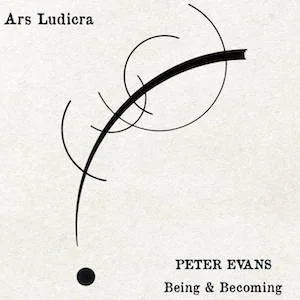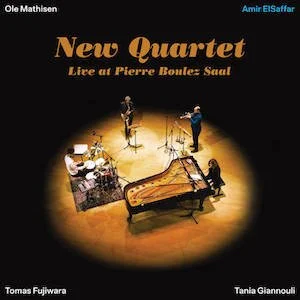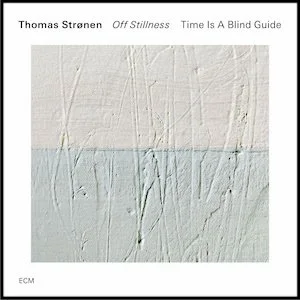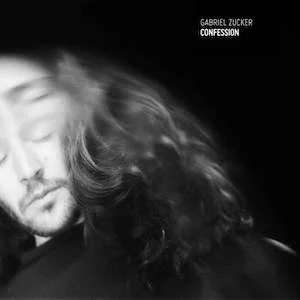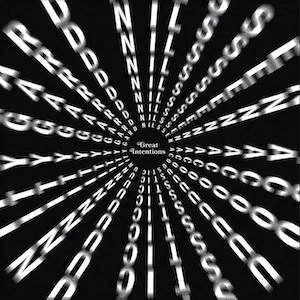Label: Songs, 2025
Personnel - Russ Lossing: piano; Mark Helias: bass; Eric McPherson: drums.
Ohio-born, New York–based pianist and composer Russ Lossing is a devoted explorer of the piano trio format. Early on, he collaborated with bassist Ed Schuller and drummer Paul Motian, later forming a long-running trio with bassist Masa Kamaguchi and drummer Billy Mintz, with whom he released Moon Inhabitants (Sunnyside) in early 2025. In 2020, Lossing probed yet another trio setting alongside bassist Mark Helias and drummer Eric McPherson, resulting in Mood Suite (Steeplechase). Those two seasoned musicians now serve as the structural backbone of Proximity Alert, an 11-track session whose music consistently calls for dialogue, awareness, and discovery.
“Incommunicado” opens with a theme that feels both epic in stance and lively in tone, revealing modern classical undercurrents. The improvisational passages, however, are defined by space and restraint. Allowing the music to breathe, the trio favors sparse, measured, and often scintillating gestures. “Boo-Da” is eloquent and expressionistic, yet Lossing’s taste for seductive ambiguity leads the piece down unexpected paths. McPherson injects the final head with a burst of snare-driven urgency.
“Apostrophe” unfolds as a modern chamber exploration, shaped by Helias’ resonant arco bass, McPherson’s shimmering brushwork, and Lossing’s perceptive melodic sense, all lending the piece a supple elasticity. It stands in contrast to the tightly synchronized, prog-rock-tinged muscularity of the title track, which revolves around a persistent seven-beat piano riff. Helias turns beautifully percussive in his bass dance, as the texture thickens into something simultaneously swinging, spongy, and fiercely swirling.
These richly layered tapestries stem from a narrative-minded approach that allows ideas to evolve patiently through close listening and precise execution. The playful, buoyant “Rhythmique” and the meditative ballad “Lamento” exemplify this balance. The former features crisp staccatos, a flowing swing at its core, and freewheeling rhythmic shifts, while the latter, more even-tempered but no less inventive, opens onto a deep and reflective emotional terrain.
“Relentless” is heated up by a crisp, power-precision figure in nine, finalizing the procedures with unshakable certitude, while “Silent Alarm”, a freely improvised piece, atmospherically fits in the classy whole.
Favorite Tracks:
01 - Incommunicado ► 04 - Proximity Alert ► 06 - Rhythmique ► 07 - Lamento





